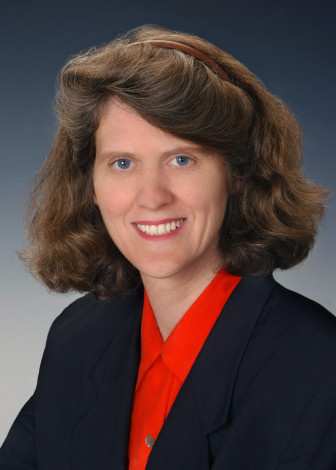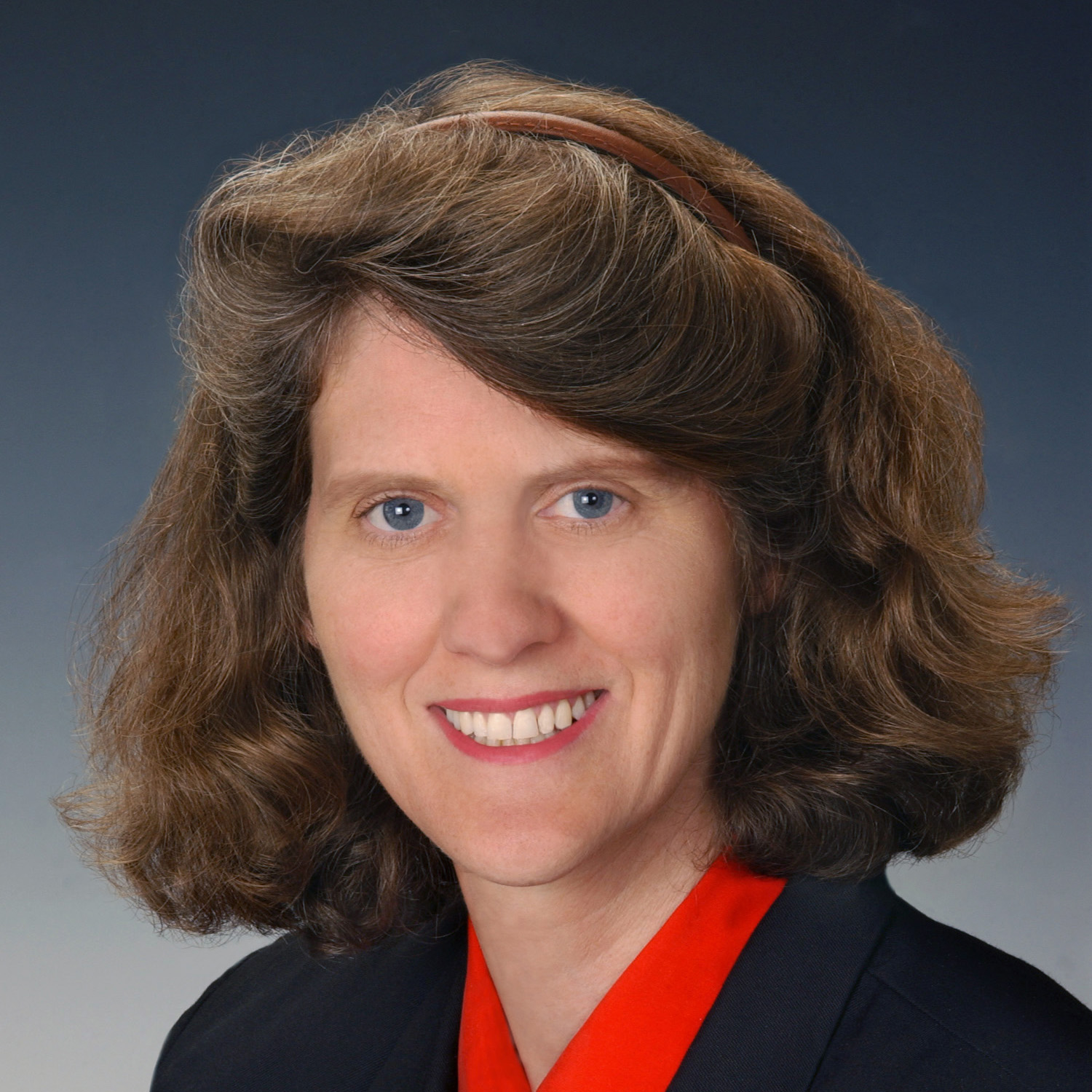 There is a call we must answer. It is a unified call coming from schools, businesses, colleges, parents and students themselves to equip young people in our country with the essential, work-life readiness skills they need to succeed as learners throughout life and as contributors to their communities.
There is a call we must answer. It is a unified call coming from schools, businesses, colleges, parents and students themselves to equip young people in our country with the essential, work-life readiness skills they need to succeed as learners throughout life and as contributors to their communities.
I hear it every day as the executive director of PASA, the Providence After School Alliance. These social, emotional and 21st-century life skills are recognizable to every parent, employer, educator and entrepreneur. These skills — teamwork, problem solving, communication, persistence and creativity — are crucial to positive youth development. These are the skills that my colleagues in the after-school, expanded learning, summer learning and out-of-school time field foster in young people from elementary to middle and high school.
In fact, more than 30 cities around the country, much as we do in Providence, have been developing entire systems of quality learning environments. They are systems that I would argue are a major complement to the good work being done in schools to adopt the Common Core, next-generation science standards and to integrate career/technical education into the learning day.
For young people to learn these key skills and apply them to learning any content knowledge, they need to be surrounded by adults who also practice them. We cannot expect youth to achieve outcomes that their adult instructors don’t or can’t model well. Youth outcomes will only be as positive as the practices of the adults they interact with.
I find it ironic that the U.S. Congress is debating and considering dismantling the 21st Century Community Learning Centers funding. Looking at how our Congress has operated recently, it’s is clear that it is not the youth who lack these essential skills, it is adults.
The after-school field is poised to share with its school partners and the larger community what it has learned in developing these critical social and emotional competencies. I would argue that those congressional leaders who are the best bipartisan team players, innovative problem solvers and positive communicators, like our congressional team in Rhode Island, have the requisite social and emotional skills that we’re trying to foster in our youth programs. They see the value that the after-school field and the city systems movement can contribute to inspiring young people to learn in new ways and in more dynamic, fun and challenging schools.
For the past 10 years I have had the privilege to be a part of PASA, a public-private partnership that designed and runs the AfterZone collaborative middle school system, where young people are exploring arts, sports and hands-on learning provided by an amazing mix of nonprofits and teachers.
They are experimenting with building, designing and collaborating in engineering studios. They are discovering rugby, wrestling and CrossFit. These activities provide the experiential context all low-income youth need to make sense of textbooks and see value in math and writing. AfterZone participants, 2,000 of them, are coming to school more, improving their grades, engaging, graduating and discovering their passions, not to mention life skills that we measure and train our youth workers and educator partners how to teach.
PASA is sharing the ingredients of what’s working with motivated cities around the country because we believe it takes collective teamwork to solve the toughest problems and improve our schools.
What I love about my after-school colleagues around the country is that we are working cooperatively to improve these skills because we see such potential in the youth with whom we work. Here in Providence we have a mayor, schools superintendent, police chief and nonprofit community that gets it and leads together.
We are hoping that our Rhode Island congressional delegation can inspire their Congress to practice these same teamwork skills so that youth in our country can benefit. Give our field more funding! There is so much we could be doing, collectively, if we were to measure more than math and reading scores. The after-school field is ready to be part of the solution. Let’s heed the call.
Hillary Salmons has led the Providence After School Alliance for 11 years. She also served as the vice president for program development for Health & Education Leadership for Providence.


























